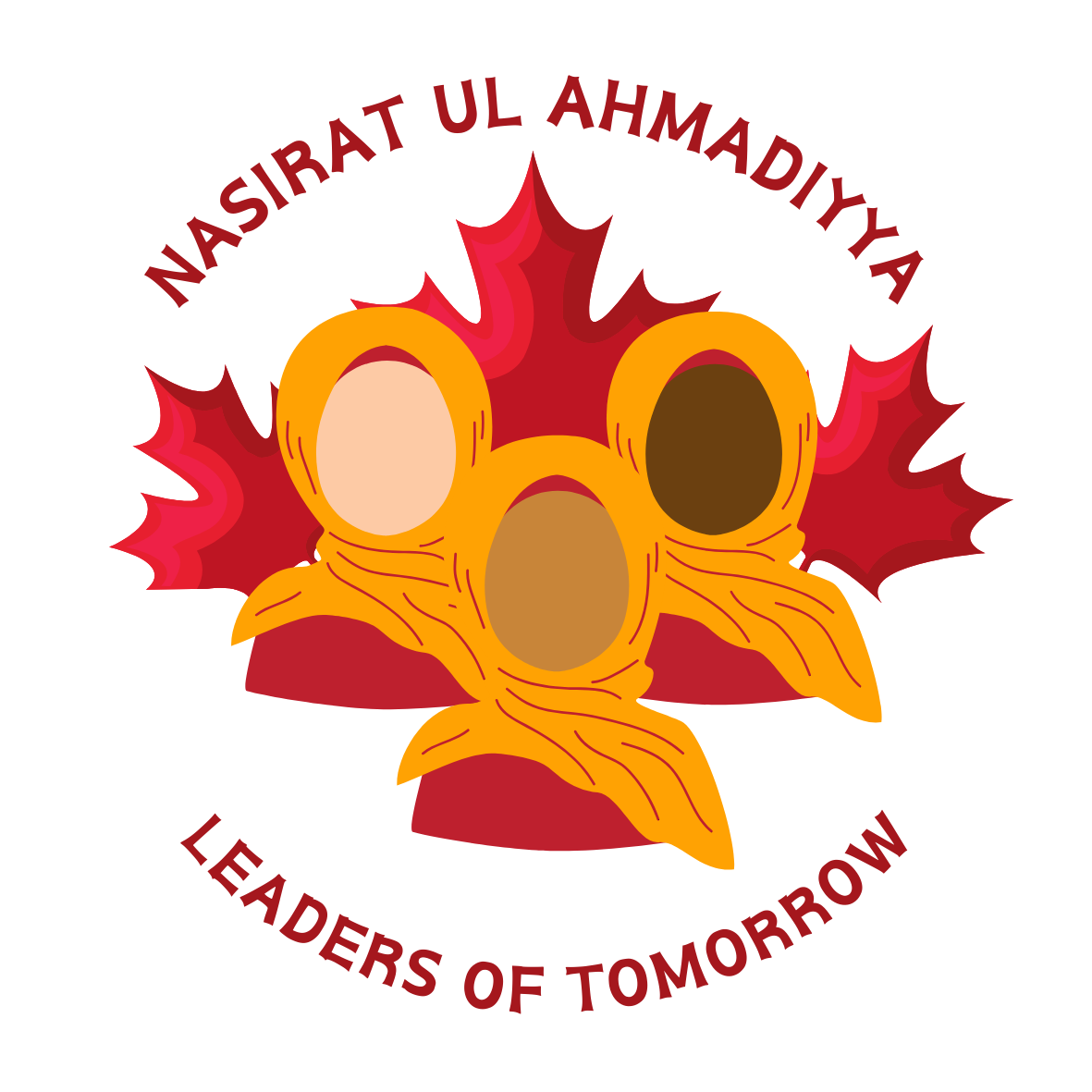Ramadan and its Blessings
Fasting is a source of many blessings. Some of these are summarized below:
- Keeps away from evil: By fasting, a Muslim abstains even from his essential and lawful requirements solely for the sake of Allah. Thus it becomes easy for him to keep away from the unlawful acts and evil deeds which are forbidden by Allah.
- Promotes self -discipline and human sympathy: Fasting promotes self discipline and endurance. It also reinforces the bonds of human sympathy, especially for the poor. During Ramadan, the Holy Prophet (sa) was very generous in giving charity to the poor.
- Promotes spiritual elevation: Fasting promotes spiritual elevation and love of Allah for His servants. According to the Holy Prophet (sa), Allah Himself becomes the reward for a believer who is fasting, by forgiving his sins and accepting his prayers.
- Improves physical health: Fasting brings a healthy change in our body systems and promotes better health.
Test your knowledge about Ramadan
Fasting in the month of Ramadan is obligatory upon every adult Muslim. Those who are sick, or travelling, are exempt from fasting in Ramadan. They must, however, make up all the missed days of fasting at another time. Those who are really unable (i.e. too old or too weak) to fast, are allowed to feed a poor person for every day of fasting that they miss. (2:184-186)
Staying at a mosque, during the last ten (minimum of three) days and nights of Ramadan, solely for the sake of worship and remembrance of
Allah, is called I`tikaaf.
This Prayer is among Nawaafil and consists of eight raka`aat and is offered in four units of two raka`aat each. This is to be performed each night
during the month of Ramadan after Ishaa’ or at the time of Tahajjud.
The Eid-ul-Fitr is celebrated after the completion of one month of fasting in Ramadan.
